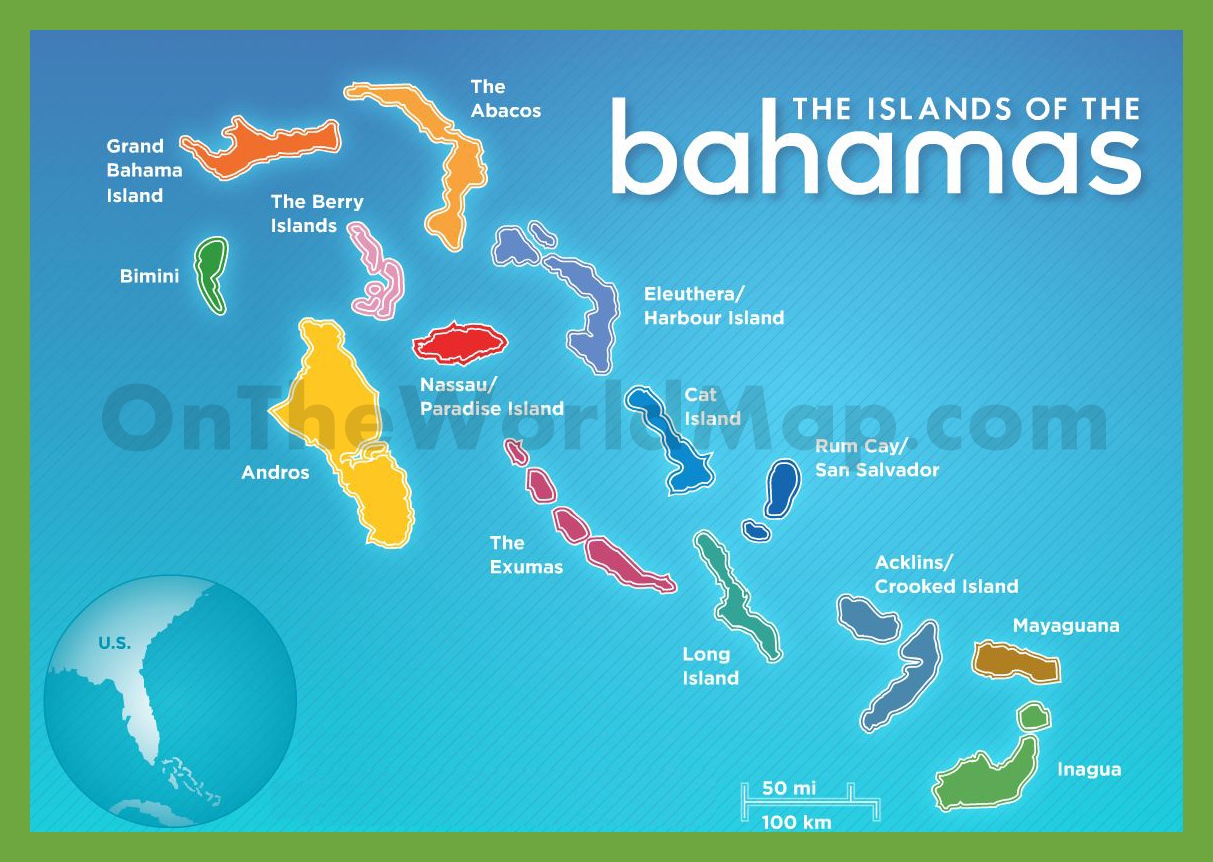Where I am, the only likely disaster is loss of electricity due to equipment malfunction in the summer. I do not know if it is possible to have a large-scale blackout as it did happen in New York in 1977. Even then, here it should not be lethal as long as I can get gasoline to drive up to my high-country home to escape the heat. On small-scale power loss, people just drive to the nearest hotel no differently than they do when their AC fails.
And now that I have my solar array plus the lithium battery bank that can run a mini-split AC, I feel better although I did not install them for disaster preparation.
For a long-term outage, I would still need a generator to assist the solar panels in recharging the battery. I can use a long power cord to run from the genset in the RV to the equipment shed in the backyard, but have to be able to get gasoline for the RV. I cannot keep the 55-gal tank of the RV topped off for emergency as it would go stale.
Food-wise, my wife hoards food in such manner that we can survive for months. Green vegetable might be a bit sparse if we have only the stuff we grow to feed on.
When everything is submerged like what happens in flooded areas caused by hurricanes, I don't know how you can survive. Stuff that is on the ground is lost to flood, and what is kept high may be blown away by 200-mph wind. You are doomed!


